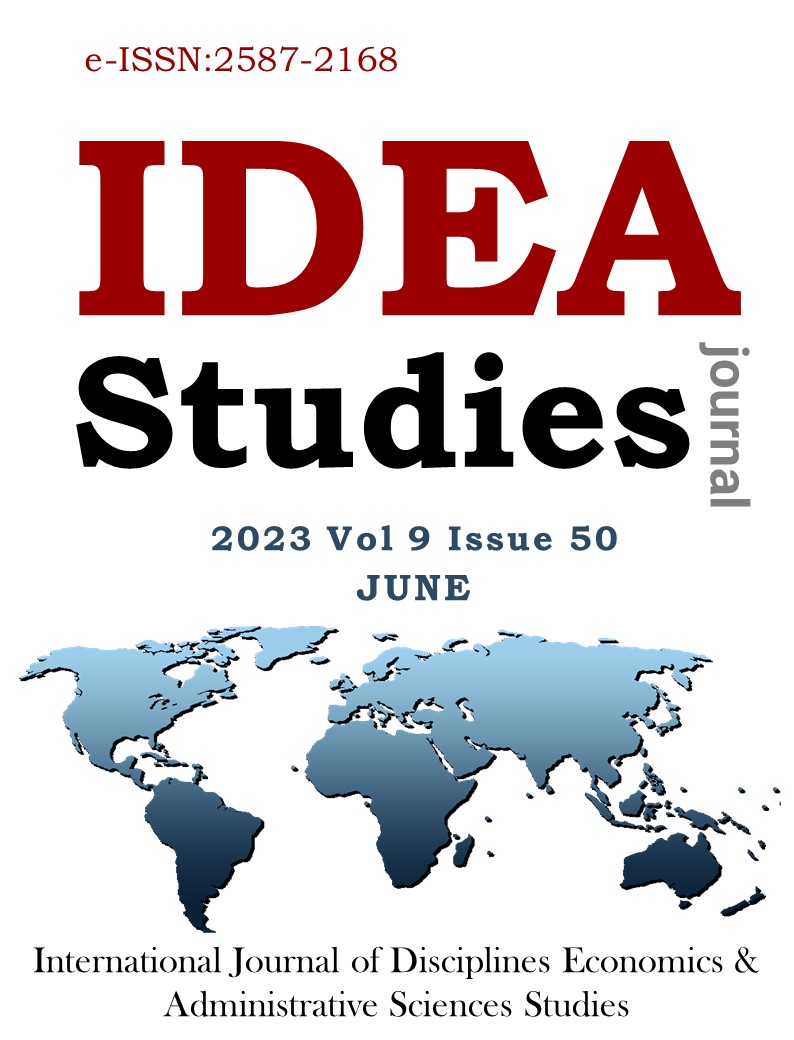Bankacılık ve Sigortacılık Lisans Programı Öğrencilerinin İstatistiksel Araştırma ve Problem Çözme Yeteneklerinin Tespiti; Teknolojik Donatılar İle Geliştirilmesi
Author :
Abstract
Özellikle 2000’li yıllardan itibaren bilgi ve teknolojideki gelişmelerin artan bir ivmeyle seyrediyor oluşu, eğitim öğretim boyutunda da önemli değişimleri beraberinde getirmektedir. Günümüzde, nitelikli insan gücü ihtiyacı önemli ölçüde artarken; yaşam boyu öğrenim (life-long learning) elzem hale gelmiş, iş dünyasının yapısı ve öğrencilerin yetileri ile gereksinimleri değişmiştir. Bilgi sahibi olmak kadar, bilgiyi doğru biçimde kullanabilmenin de önemli olduğu ve uygulama ağırlıklı olması gereken bir platform hüviyetini alan eğitim alanına, sürekli olarak gelişen teknolojiyi uyarlamak da bir zorunluk halini almıştır. Dolayısıyla, hem öğrencilerin hem de eğitim kadrosunun teknolojiyi etkin biçimde kullanabilmeleri gerekmektedir. Bu projenin temel amacı, istatistiksel işlemlerde kullanılan çok fonksiyonlu bilimsel hesap makinesinin, öğrencilerin problem çözme becerilerine ve akademik başarılarına olumlu etkisinin ortaya konulmasıdır. Araştırmada, İstatistik derslerini başarıyla geçmiş 40 öğrenci rassal yöntemle seçilmiş ve iki gruba ayrılmıştır. İlk grup, belirlenen 10 adet problemi çok fonksiyonlu bilimsel hesap makinesi nitelikli teknolojik cihazlarla 30 dakika içerisinde; ikinci grupta yer alan öğrenciler ise aynı soruları herhangi bir teknolojik araç kullanmadan yine 30 dakika içerisinde çözmeye çalışmıştır. Çalışmada her iki grup için frekans, yüzde, ortalama, standart sapma, medyan, minimum ve maksimum değerler gibi tanımlayıcı istatistiklere yer verilmiş; deney ve kontrol gruplarının teste ilişkin parametrelerinin gruplar arası karşılaştırmalarında Mann Whitney U Testi ve Nokta Çift Serili Korelasyon Katsayısı kullanılmıştır. Verilerin analizi SPSS 25.0 programı ile yapılmıştır.
Keywords
Abstract
Especially since the 2000s, the fact that the developments in information and technology have been proceeding with an increasing acceleration also leads to (brings along) important changes in the aspect of education and training. Nowadays, while the need for a qualified workforce has been increasing significantly, life-long learning has become indispensable, the structure of the business world as well as competences and needs of students have changed. It has become a necessity to adapt the ever evolving technology to the field of education, which developed the identity of a platform that should be practice-oriented where it is also important to be able to use knowledge to a great effect as well as having knowledge. Therefore, both students and teaching staff are required to be able to utilize technology effectively. The main purpose of this project is to reveal the positive effect of the multifunctional scientific calculator used in statistical operations on problem solving skills and academic achievement of students. In the study, 40 students who successfully passed the Statistics courses were selected by the random method and divided into two groups. The first group attempted to solve 10 designated problems by using technological devices having attributes of the multi-functional scientific calculator within 30 minutes, while the students in the second group attempted to solve the same questions likewise within 30 minutes without using any technological tools. In the study, descriptive statistics such as frequency, percentage, mean, standard deviation, median, minimum and maximum values were included for both groups; Mann Whitney U Test and Point-biserial Correlation Coefficient were used in the intergroup comparisons of the test-related parameters concerning the experimental and control groups. Data analysis was performed by means of SPSS 25.0 program.





